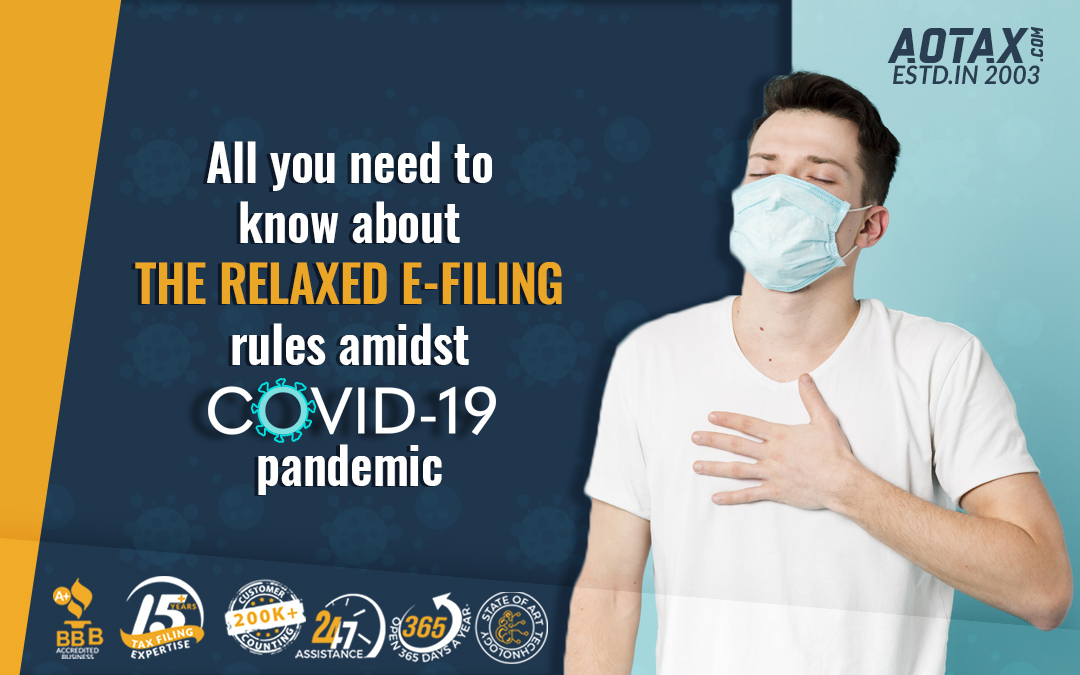
All you need to know about the relaxed e-filing rules amidst COVID-19 pandemic
All you need to know about the relaxed e-filing rules amidst COVID-19 pandemic
With the impact of the pandemic COVID-19 becoming worse for the Americans, the Government has imposed lockdowns and has been asking people to stay indoors. In such situations, the IRS has also taken certain effective measures to alleviate the distress of the common people. One of the major initiatives taken by the IRS for providing some relief to the people is by the extension of the tax return filing and the tax payment deadline due to 15th April 2020 up to 15th July 2020.
Another important step taken by the IRS amidst the outbreak of the COVID-19 is the relaxation in the rules related to e-filing. The IRS has allowed its employees to accept the documents related to tax by email which can be accompanied by the images of signatures.
IRS announces relaxed e-filing rules

IRS announces relaxed e-filing rules
On 27th March 2020, the Treasury Department had announced that the IRS has made temporary provisions for allowing its employees to accept images of signatures and digital signatures in case of determination/collection of taxes. Earlier, the IRS employees were not allowed for accepting any tax-related documents from taxpayers by email; however, the IRS has granted permission for accepting documents and also transmitting documents to taxpayers by email/secure messaging system. This has made it easier for both IRS employees and the taxpayers also to process their requests without any physical contact.
Major security threats due to relaxed e-filing rules

Major security threats due to relaxed e-filing rules
Many tax experts have highlighted their worries about a wide range of security threats that can arise due to the relaxed e-filing rules introduced by the IRS.
- Transmitting sensitive data via e-mails has been considered as non-complaint according to several industry standards. If this relaxation by the IRS is considered as normal, then it would lead to an increase in the number of cyber-crimes.
- When a taxpayer sends an attachment through the email, the attachment gets saved on the servers of the IRS and is not encrypted. As a result of this, anyone who has access to the emails can get hold of the information easily. This poses to be a big security risk.
However, in these difficult times when it is not advisable to come to offices, it is necessary to have some type of concessions which would make it easier for tax professionals to do their work from home. The IRS has made it necessary for the taxpayers to attach a cover letter which would be considered as a form of consent from the taxpayer. This will act as an acknowledgment that the taxpayer knows about sharing his data, the consequences and the responsibility of any liability are upon him.
Sending data securely to the IRS
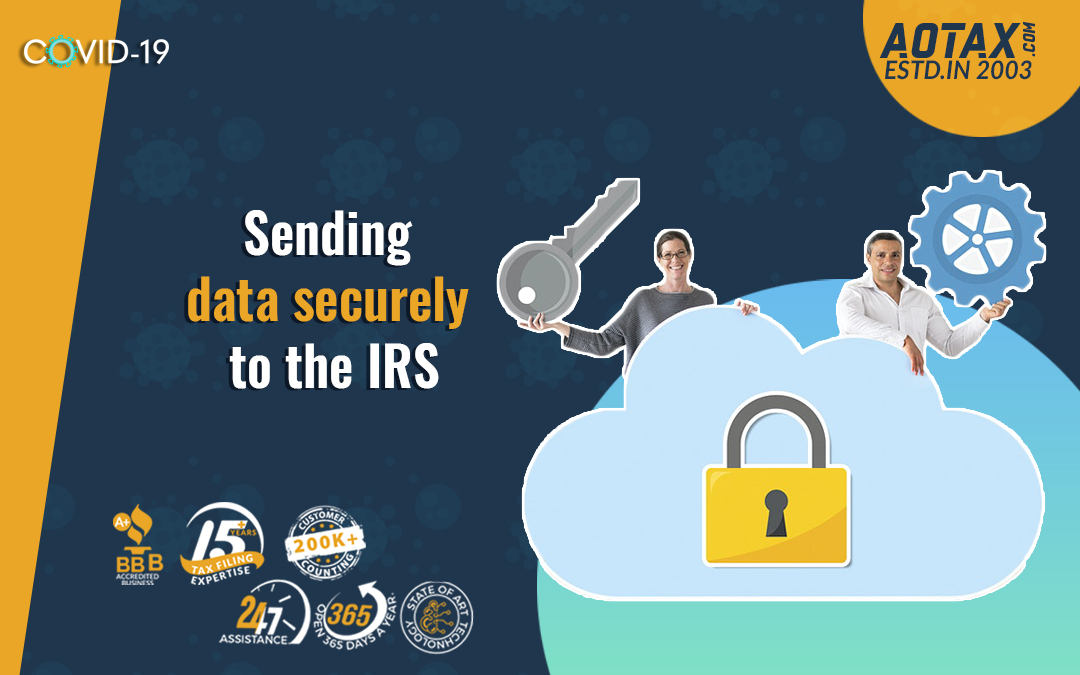
1.To have knowledge about where the data is and is being handled by whom
Taxpayers should try and acquire some knowledge about where and how their sensitive data is being stored. They must check with their accountant on where their data is being stored, who has access to their data, and what kind of backup is being utilized for their data.
2.To know about encryption
Encryption is the primary method by which data can be kept secure. Two major types of encryption would be used by the accountant or IRS for keeping data safe i.e. 256-bit AES and SSL/TLS. The 256-bit AES is used in banks whereas the SSL/TLS form of encryption is used by standard internet. Taxpayers must ensure that their tax preparers are using those applications which make use of these two encryption techniques.
3.Utilization of multifactor authentication
Mostly, secure systems use multiple levels of authentication so that malicious parties would not be able to get hold of the data. For instance, if the malicious party gets the password they will not be able to get the data as there would be another level of authentication such as fingerprint authentication. So, the system by which taxpayers are sharing their data must have different levels of authentication such as passwords and then code generated on phone or by the taxpayer’s fingerprint.
4.Avoid sharing sensitive data over emails
Tax experts advise that even though sending data by email is the most common method and have some level of encryption, it cannot be trusted completely. Rather, by encrypted file-sharing system secure connections can be created between the machine and the server where the data is being stored. By using these encrypted file-sharing systems, sensitive data transfer can be done without any threat by a taxpayer and his accountant.
Hence, relaxed e-filing rules by the IRS have made the tax return filing process convenient for both IRS employees and the taxpayers. However, the implementation of secure methods for data transfer would prevent the occurrence of scams and losses.
References

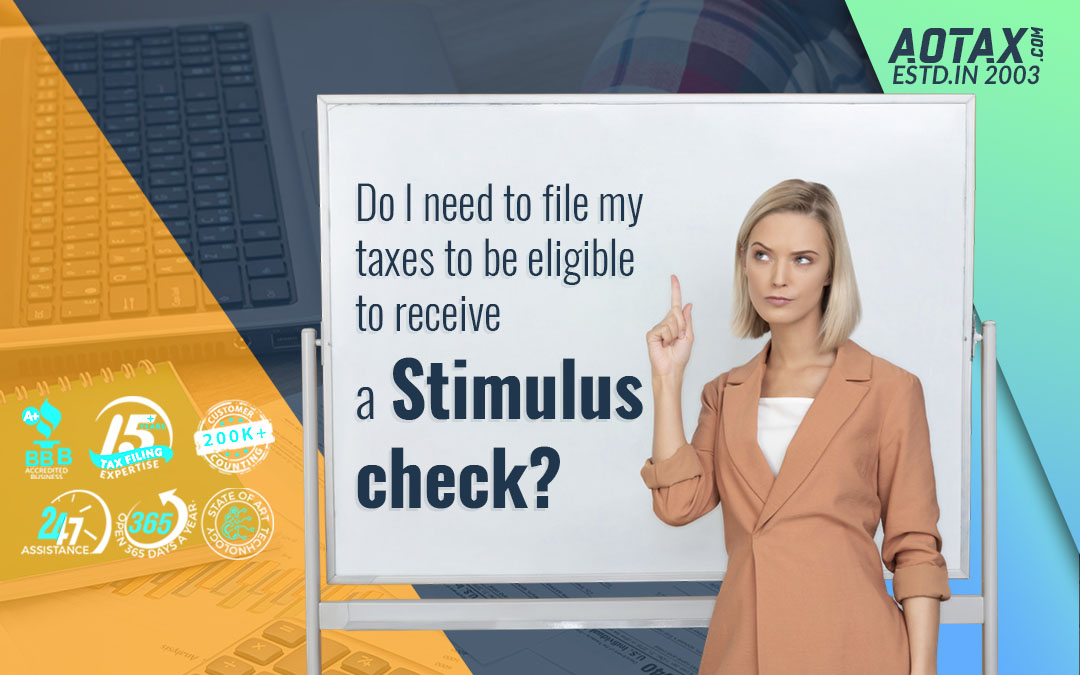

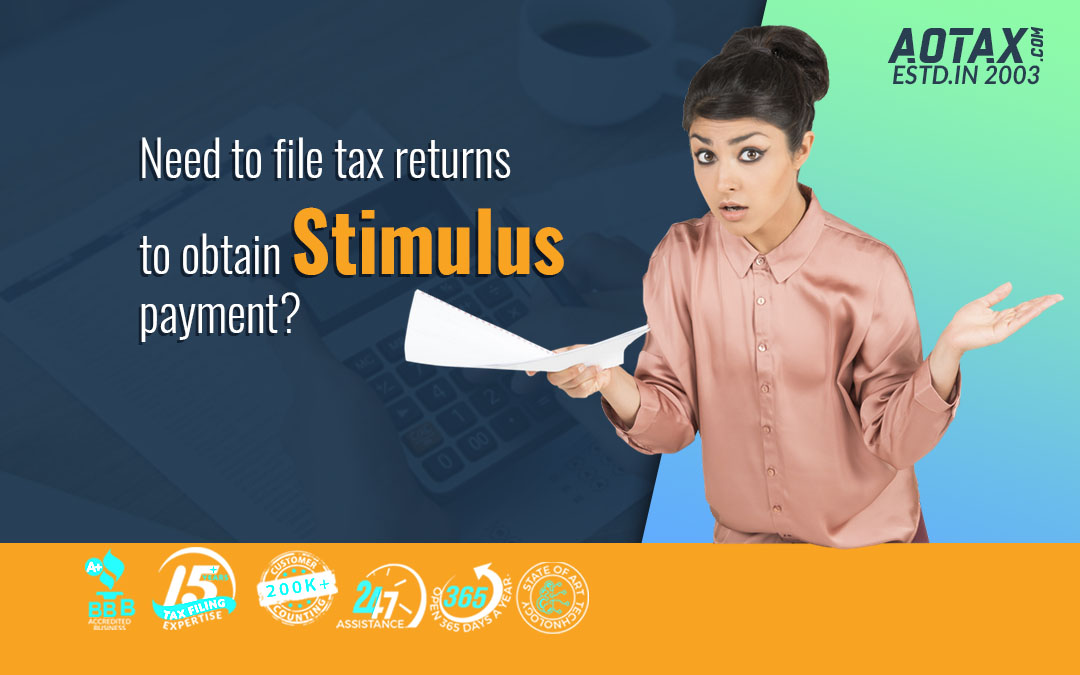

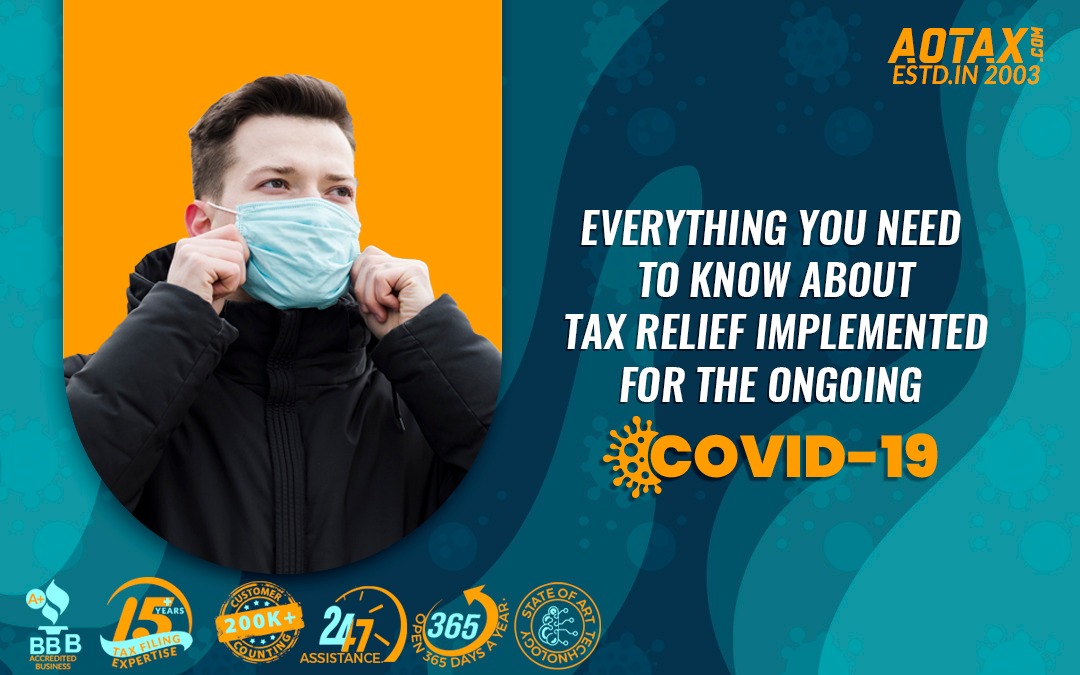


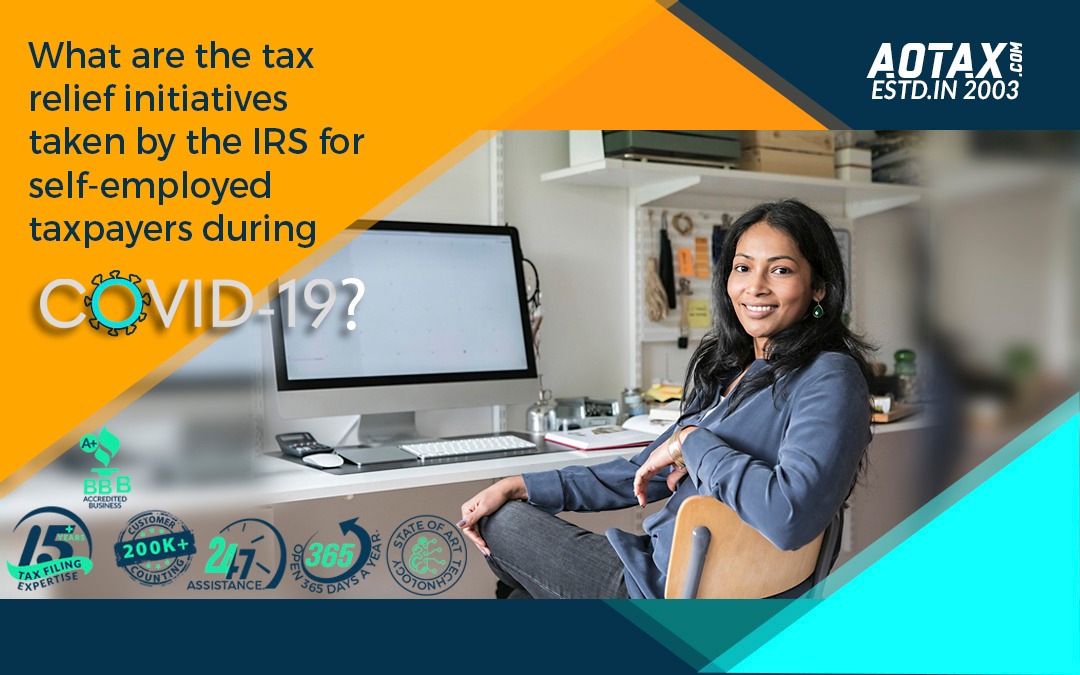
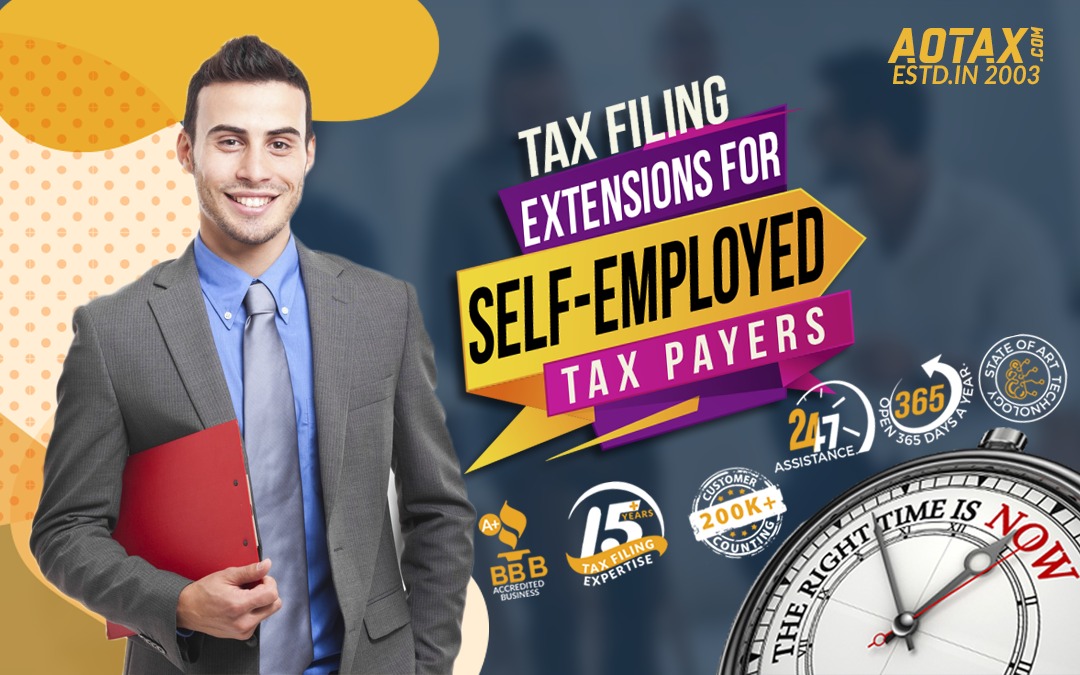


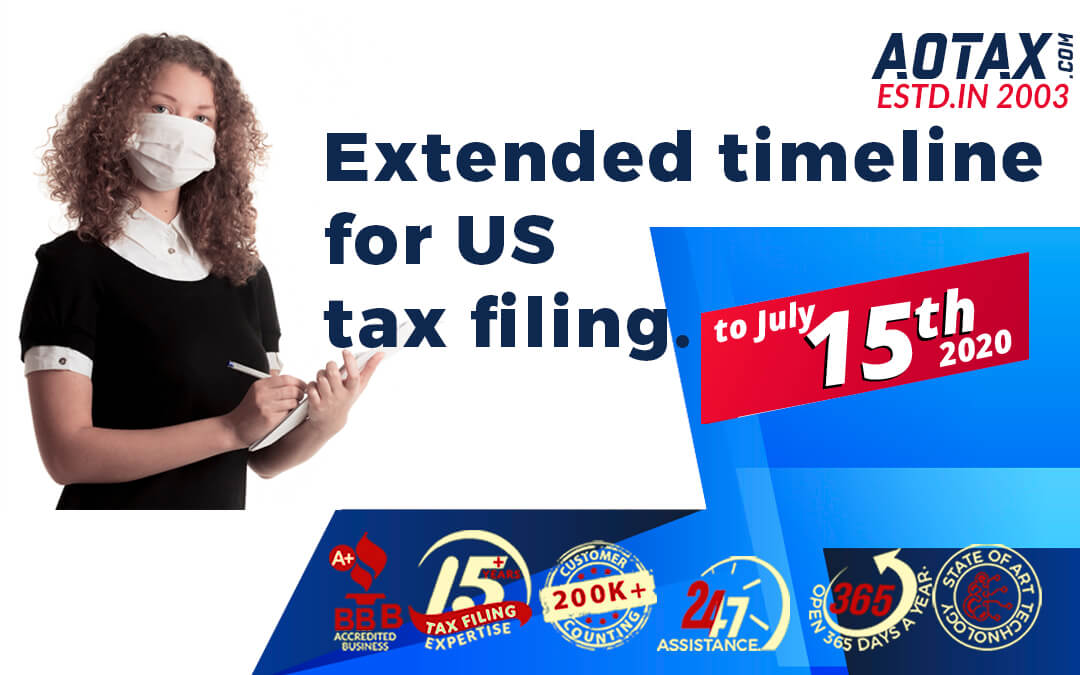
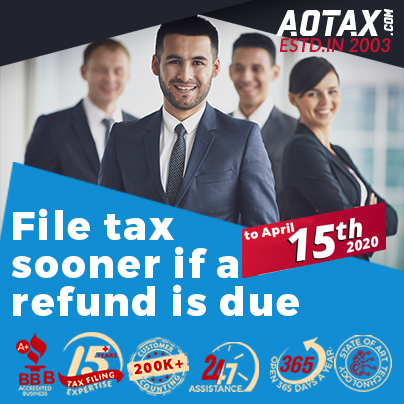
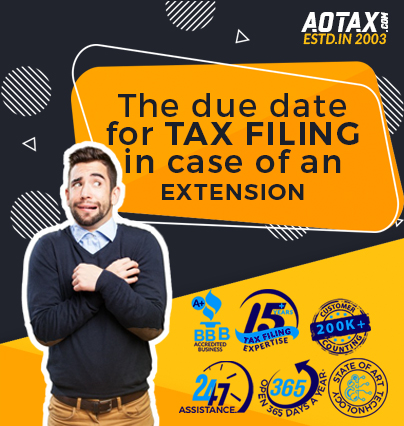
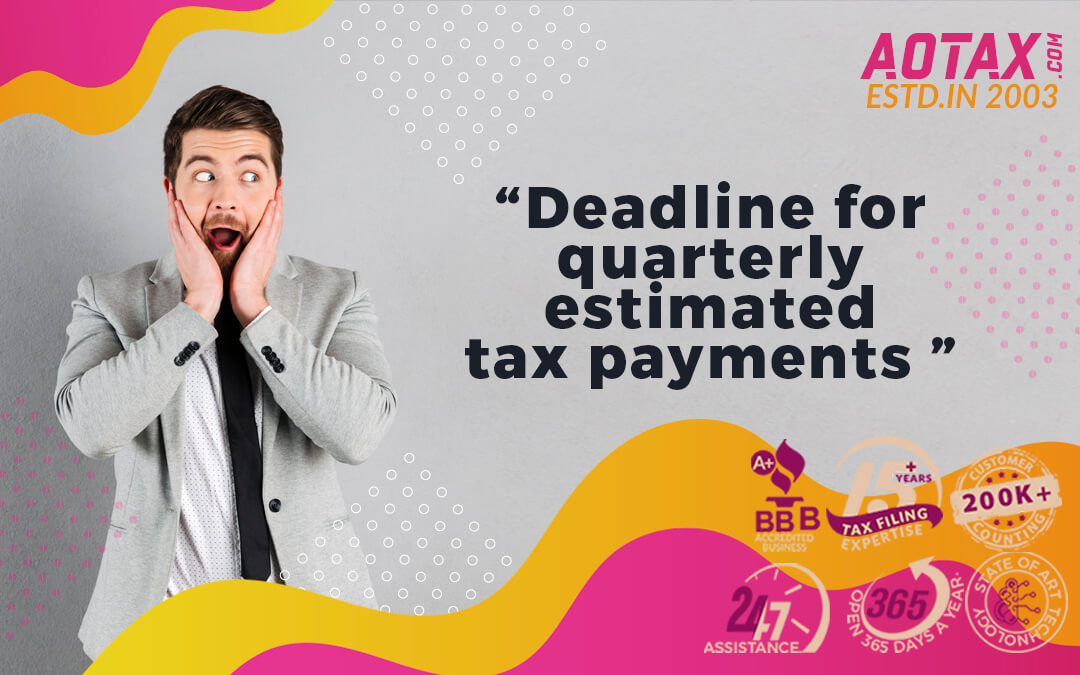
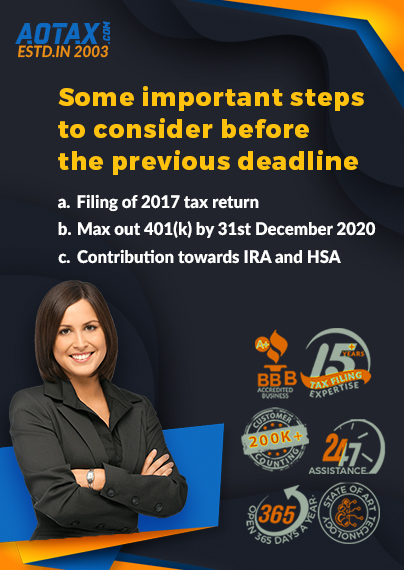
Recent Comments